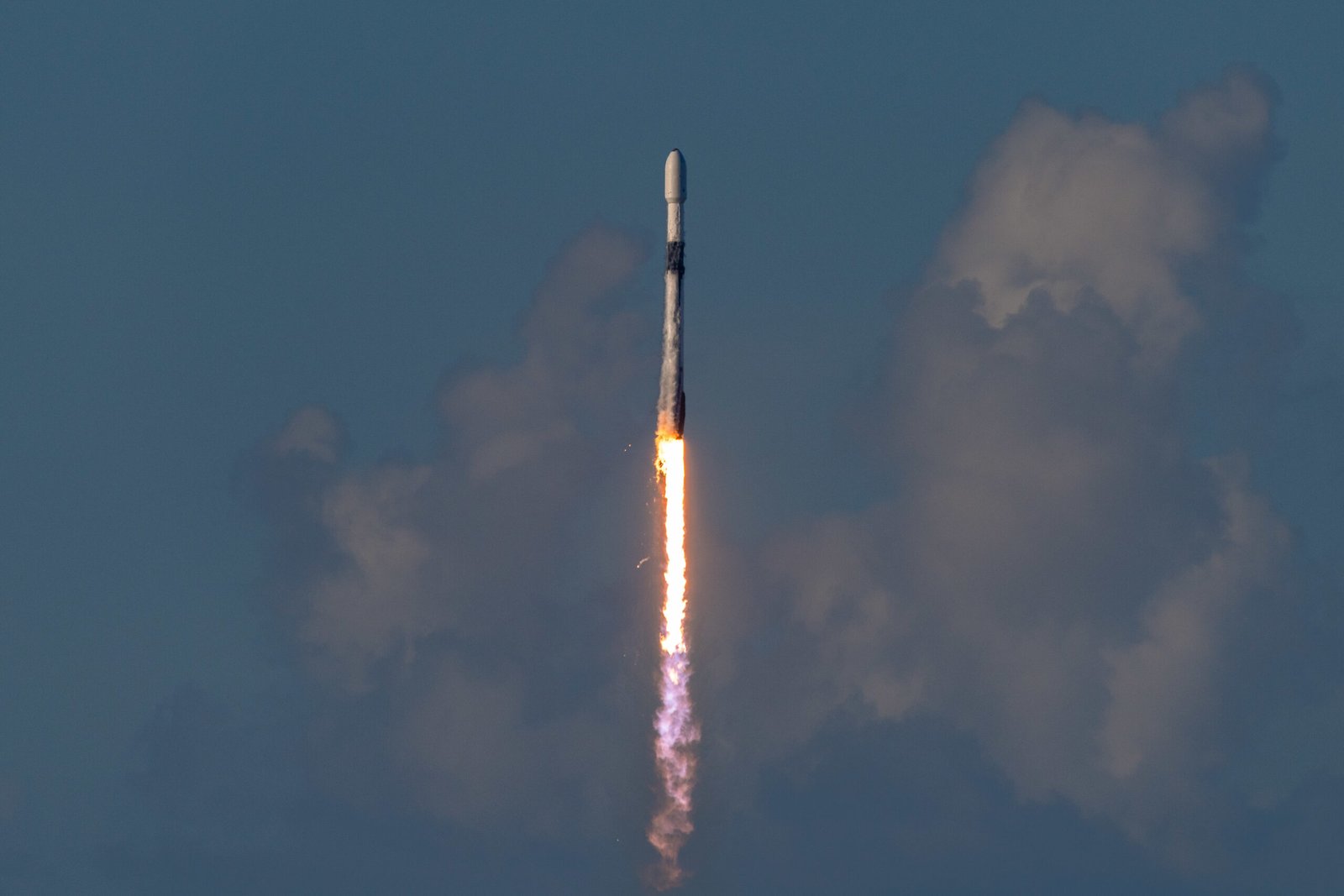
South Korea Builds its own GPS-style Navigation System
South Korea is moving forward with the construction of its national satellite navigation infrastructure, selecting Jeju Island as a hub for the Korean Positioning System (KPS).
The Korea Aerospace Administration (KASA) and Jeju Province signed an agreement on September 22 to establish ground-based facilities that will support the operation and management of the system.
According to the announcement, KPS is a long-term project that will run through 2035, designed to provide the nation with independent PNT — positioning, navigation, and timing — capabilities. The program will reduce reliance on foreign systems while fostering the growth of domestic aerospace and technology industries.
The ground segment of KPS will include an integrated operations center, a satellite control facility, antenna stations, and monitoring units. These installations will be built in Seogwipo at the Hawon Techno Campus. Once operational, they will manage the control of inclined orbit satellites that will extend KPS coverage southward to areas beyond Australia.
Yoon Young-bin, the head of KASA, said the ground system would serve both regional and national interests. “Jeju becoming the center of Korea’s space navigation infrastructure is an important step to enhance both local development and national competitiveness. Through KPS operations, we aim to support the daily lives of citizens while advancing new industrial sectors. We look forward to smooth cooperation between our institutions to achieve these goals,” Yoon stated.
The program represents a core element of South Korea’s strategy to expand its presence in the global space sector. By establishing its own navigation system, Seoul joins the ranks of countries developing independent alternatives to existing constellations such as GPS, Galileo, and BeiDou. KPS is expected to provide not only secure navigation services for military and government use but also reliable civilian applications in transport, logistics, agriculture, and emerging mobility services.
For Jeju, the selection as host for the KPS ground system underscores its growing role in South Korea’s space ambitions. Local officials said the infrastructure will create opportunities to develop linked industries and attract investment to the island, while positioning it as a center for space technology research and operations.
With the project scheduled to continue through 2035, the long-term vision is for KPS to operate as a fully independent and integrated system, strengthening both national security and economic resilience.


